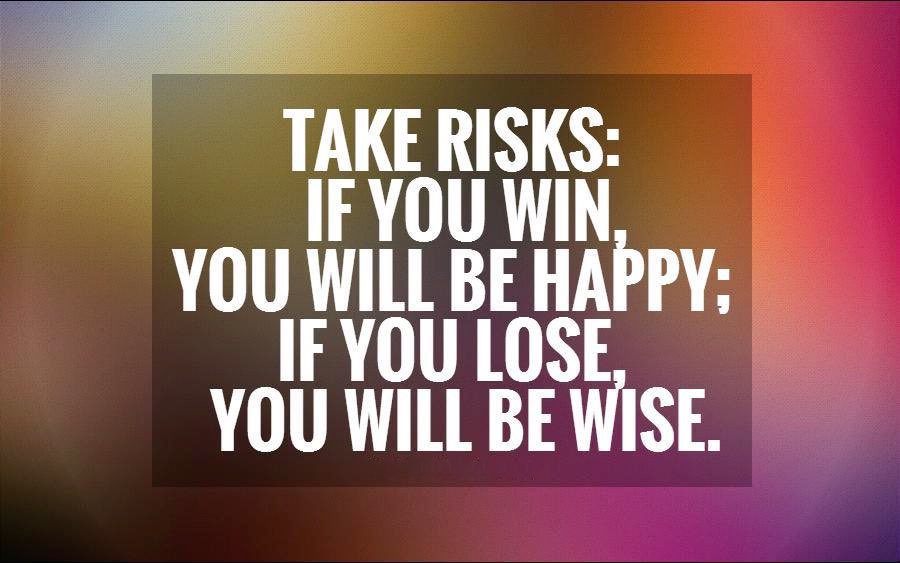Are Men or Women the Bigger Risk-Takers?

Risk-Takers? Can You Guess?
Men, obviously, most of you probably say when reading the question in the title.
Men have traditionally been the risk-taking half of the tribe or family, going out and risking their lives to hunt for dinner.
Apparently this traditional role has been imprinted in the male DNA, pushing male personalities toward becoming inclined to taking risks.
Science, in turn, dares to disagree with the eon-long tradition.
It seems that, although men tend to live more dangerously than women – you’ll see more male players in Vegas or at Wild Jack casino than female – the difference between the two genders is far smaller than the variance of risk-taking behavior within one gender or another.


Different types of risk
The term “risk” has a different meaning for every individual.
Some find it too much to even bet a few cents on a casino’s slot machine, others will place a hundred-dollar wager even on a coin toss or will bet on single numbers at one of the virtual roulette tables (this bet has a chance of 38 to 1 to win).
Taking risks is not the same for each individual – and definitely isn’t equal with reckless or impulsive behavior.
Well, not always, at least.
Instead, there is a difference in what genders are disposed to risk for.
Females are more prone to take a personal risk for their social group, while men are better at taking a risk for themselves – the feeling of a win at the slots, the admiration of their friends (think of all the “look at this” type situations), and similar rewards are often what motivate them.
More successful risk-takers
Both genders have their approximately equally successful risk-takers.
This term refers to taking a risk, not for a short-term outcome but for a long-term benefit.
There indeed is such a thing as a “calculated risk“, where the benefits hoped for far outweigh the what is being risked.
Men, as research has shown, are more likely to be thrill-seekers, and that’s why you usually see them doing more stupid things out of bravado or foolish competitiveness.

Flawed science
Science has shown in the past that men are more inclined to take risks, any kind of risks, than women.
Scientists have reached the conclusion that males are genetically inclined to risk-taking – which has later proven to be wrong.
After all, most of these studies were based on anecdotal evidence and were conducted at a time when women were discouraged even from wearing pants.
Yet history has shown that there were enough female risk-takers – think personalities like Amelia Earhart, the first female aviator to fly across the Atlantic Ocean all alone or Annie Edson Taylor, the first woman who had jumped down Niagara Falls in a barrel.
What’s Your Opinion?
- What dis you choose?
- Do you agree with the posts’ thoughts and conclusions?
Tell us your thoughts, in the comments below.





